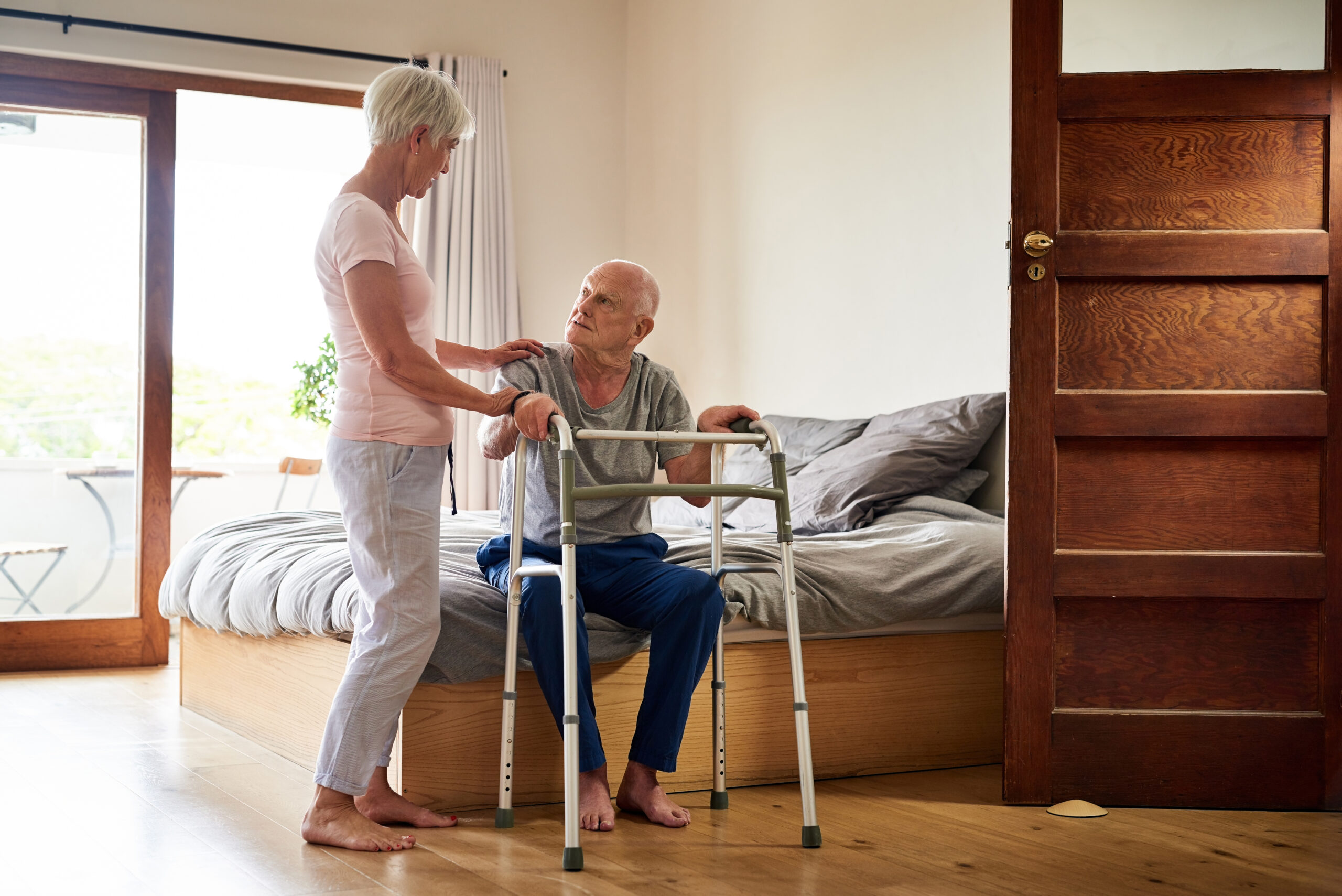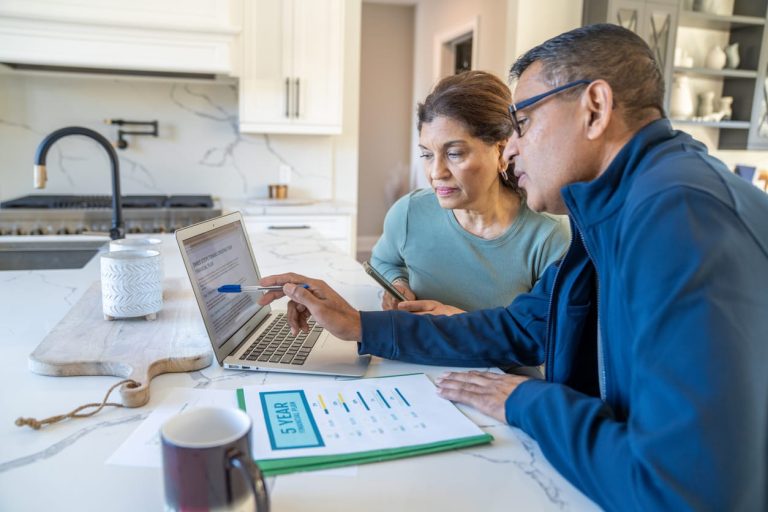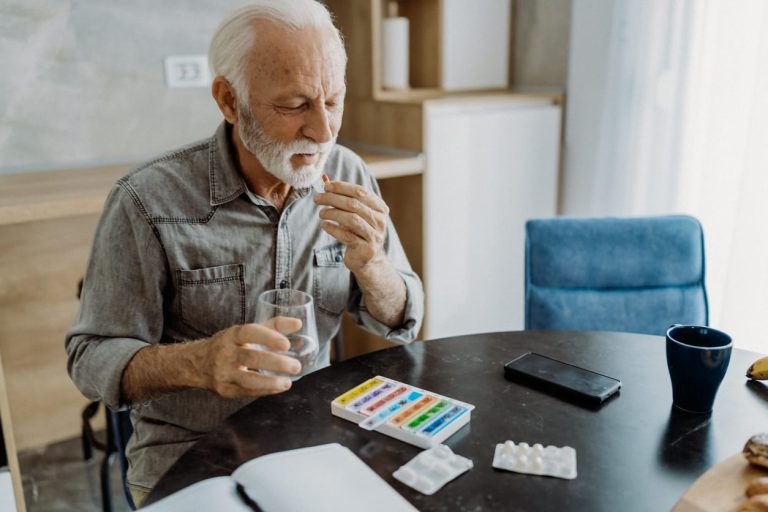National Safety Month, observed in June, provides a valuable opportunity to focus on the safety and well-being of our senior loved ones. It is time to reflect on the safety considerations and potential hazards that can affect seniors and to take proactive measures to create a secure environment for them by considering easy-to-follow safety tips for seniors.
By learning about safety methods and promoting awareness, we can enhance the safety of our senior family members and contribute to their overall quality of life. In this article, we will explore essential safety tips specifically tailored for seniors, including fall prevention, medication management, and emergency preparedness. Let us discuss these important areas to ensure the safety and well-being of our senior loved ones during National Safety Month and beyond.
Fall Prevention for Older Adults
Falls can result in severe injuries for seniors, impacting their mobility, independence, and overall quality of life. Taking proactive measures to prevent falls is essential for maintaining their safety and well-being. By implementing the following tips, you can create a secure environment and significantly reduce the risk of falls:
- Remove Tripping Hazards: Conduct a thorough assessment of the living environment and remove any tripping hazards such as loose rugs, clutter, and electrical cords. Ensure that floors are kept clear and pathways are well-lit.
- Install Safety Features: Install grab bars in the bathroom near toilets, tubs, and showers to provide support and stability. Consider adding handrails on both sides of staircases to assist with balance and prevent falls.
- Adequate Lighting: Ensure that all areas of the home, including hallways, entrances, and staircases, are well-lit. Use nightlights in bedrooms and bathrooms to aid seniors during nighttime navigation. According to Dr. Robert Bunning, MD, the associate medical director of inpatient services at MedStar National Rehabilitation Hospital in Washington, DC, it is recommended to incorporate night lights in bedrooms and bathrooms to provide better guidance at night.
- Non-Slip Flooring: Consider using non-slip mats or rugs in areas prone to moisture, such as bathrooms and kitchens. Ensure that seniors wear appropriate footwear with non-slip soles.
Medication Management Safety Tips for Seniors
Proper medication management is of utmost importance for seniors to ensure their well-being and maintain optimal health. Managing medications safely helps seniors avoid potential risks, such as adverse reactions or medication errors, and promotes effective health management. Use the following tips:
- Create a Medication Routine: Establish a consistent schedule for taking medications to avoid missing doses. Use pill organizers or medication reminder apps to help seniors stay organized.
- Review Medications Regularly: Schedule medication reviews with healthcare professionals to ensure that prescriptions are up-to-date, dosages are correct, and there are no potential interactions.
- Clear Communication: Encourage seniors to maintain open and clear communication with healthcare providers by reporting any side effects or concerns regarding their medications promptly.
- Safe Storage: Store medications in a cool, dry place, away from direct sunlight and out of reach of children. Dispose of expired or unused medications properly.
Emergency Preparedness
When it comes to the safety and well-being of our senior loved ones, emergency preparedness plays a crucial role. Being prepared for unexpected situations equips seniors with the necessary tools and knowledge to effectively respond to emergencies, minimizing potential risks and ensuring their overall security.
Create an Emergency Kit
One important aspect of emergency preparedness is creating an emergency kit. It is essential to assemble a kit that includes essential items to help seniors during unforeseen circumstances. Here are some key items to include in the emergency kit:
- Non-perishable Food: Stock up on non-perishable food items such as canned goods, protein bars, and dried fruits. Make sure to choose items that have a long shelf life and can be easily consumed without the need for cooking or refrigeration.
- Water: Store an ample supply of bottled water to ensure hydration during emergencies. Aim for at least a three-day supply, with one gallon of water per person per day.
- Medications: Keep a sufficient amount of prescription medications in the emergency kit. Rotate and replenish them regularly to ensure they don't expire. Include a list of medications, dosages, and instructions for reference.
- Flashlight and Batteries: Include a durable flashlight and extra batteries in the emergency kit. Opt for LED flashlights as they are energy-efficient and have a longer battery life.
- First Aid Supplies: Assemble a basic first aid kit that includes adhesive bandages, antiseptic wipes, gauze pads, adhesive tape, pain relievers, and any necessary personal medications or medical supplies.
- Important Documents: Safeguard copies of important documents, such as identification cards, insurance policies, medical records, and contact information for healthcare providers and emergency contacts. Consider keeping these documents in a waterproof bag or container.
- Emergency Cash: Keep a small amount of cash on hand, including smaller bills, in case electronic payment systems are unavailable during emergencies.
- Personal Items: Include essential personal items such as a spare set of clothes, blankets, personal hygiene items, and any specific items needed for individual health conditions.
Remember to periodically review and update the emergency kit to ensure the content is current and meets the specific needs of the seniors. Store the kit in an easily accessible location known to all family members and provide clear instructions on its usage.
Emergency Contacts
Having a list of emergency contact numbers is essential for seniors to quickly reach out for help during emergencies. Here are some important numbers to include:
- Healthcare Providers: List the contact information for primary care physicians, specialists, and any other healthcare professionals involved in the senior's care. This includes phone numbers, email addresses, and office addresses.
- Family Members: Include the contact details of immediate family members or designated emergency contacts who can be reached in case of an emergency. Make sure to specify their relationship to the senior.
- Neighbors: Include contact information of trusted neighbors who can provide assistance or support during emergencies. This is especially helpful if family members are not immediately available.
- Local Emergency Services: Note down the emergency hotline numbers for local police, fire department, and ambulance services. In the event of a crisis, seniors can contact them for immediate assistance.
- Poison Control Center: Include the phone number for the local poison control center. This is important in case of accidental ingestion or exposure to harmful substances.
Personal Emergency Response System
Investing in a personal emergency response system (PERS) is an excellent way to enhance the safety and well-being of seniors. These systems provide seniors with a quick and convenient way to call for help in case of emergencies. Here are some key points to consider regarding personal emergency response systems:
- How it Works: A personal emergency response system typically consists of a wearable device, such as a pendant or wristband, with a button that can be pressed to initiate a call for help. When the button is pressed, it activates a communication device that connects the senior to a monitoring center staffed by trained professionals.
- 24/7 Monitoring: The monitoring center is staffed round the clock, ensuring that seniors can receive immediate assistance at any time of the day or night. Trained operators will assess the situation, contact emergency services if needed, and notify designated family members or emergency contacts.
- GPS or In-home Range: Some personal emergency response systems offer GPS capabilities, allowing seniors to be located outdoors in case of emergencies. Others are designed for in-home use, with a specific range within which the device can communicate with the monitoring center.
- Two-Way Communication: Many personal emergency response systems have built-in two-way communication, enabling seniors to speak directly with the monitoring center staff through the device. This ensures effective communication and reassurance during emergencies.
- Fall Detection: Some advanced personal emergency response systems include fall detection technology. These systems can automatically detect falls and initiate a call for help if the senior is unable to press the button themselves.
When considering a personal emergency response system, it's important to research different providers, compare features and pricing, and choose one that best suits the needs and preferences of the senior. It's also crucial to properly set up and test the system to ensure it functions correctly.
Summarizing Safety Tips for Seniors
Learn how to create a safe environment for your elderly loved ones and boost their health and independence in our straightforward guide. National Safety Month serves as a reminder to prioritize the well-being and security of our senior loved ones. By implementing the main safety tips for seniors such as fall prevention strategies, managing medications safely, and being prepared for emergencies, we can significantly reduce the risk of accidents and ensure their safety throughout the year. Let's embrace this opportunity to enhance their quality of life and provide a secure environment that promotes their overall well-being.





